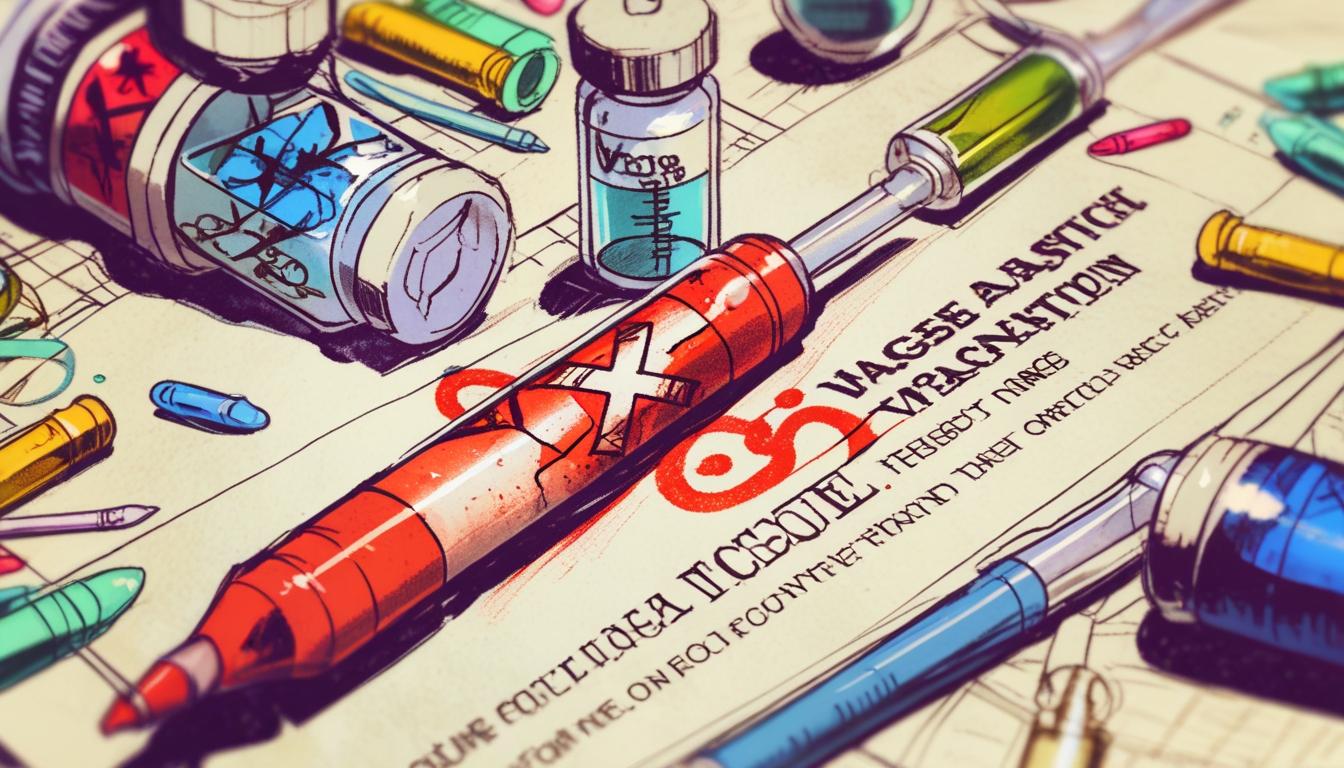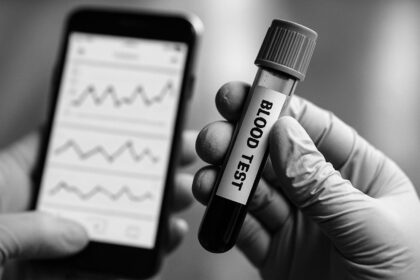The Louisiana Department of Health will stop promoting mass vaccination, signalling a major shift in public health policy following the confirmation of Robert F. Kennedy Jr. as Secretary of Health and Human Services.
The Louisiana Department of Health (LDH) announced on Thursday that it will cease promoting mass vaccination, following a memo from Surgeon General Ralph Abraham. This decision comes shortly after the Senate confirmed Robert F. Kennedy Jr. as the new Secretary of Health and Human Services in the Trump administration, raising concerns among health officials and advocates in the state.
In the memorandum addressed to LDH staff, Abraham stated, “LDH will no longer promote mass vaccination,” despite Louisiana recently experiencing a severe flu season. The memo highlighted a significant shift in the state’s public health policy, with Abraham urging healthcare professionals to treat vaccines with more nuance and to differentiate between seasonal vaccinations and childhood immunisations. He further denounced “blanket government mandates” for vaccines and critiqued the federal response to COVID-19, calling it an infringement on personal autonomy. Abraham expressed the notion that the government should diminish its role in determining individual healthcare choices, emphasizing that vaccines would still be available upon request.
The decision has provoked a strong backlash from public health advocates. Jennifer Herricks, a representative from Louisiana Families for Vaccines, expressed concern about the potential impact of this directive, warning that it may lead to an increase in preventable illnesses and fatalities. Similarly, New Orleans Health Department Director Jennifer Avegno anticipated that the new policy could result in declining vaccination rates, increasing the spread of misinformation regarding vaccines and exacerbating public health risks. Avegno noted, “Public health is really united on this issue,” asserting the long-standing consensus that vaccinations have significantly improved public health in America.
This move by the LDH coincides with a broader national trend under the Trump administration, particularly with Kennedy at the helm of HHS, who has been noted for his scepticism regarding vaccines. Analyses of current health policies suggest that there is a political motivation behind these changes, part of a larger narrative related to the Trump era’s approach to health care.
In a related development, incoming advisers in Kennedy’s restructured health department have laid out aggressive health policy initiatives. Dr Aseem Malhotra, a British cardiologist, articulated the ambitious agenda of the “Make America Healthy Again” (MAHA) movement, which aims to reform dietary habits and reduce the influence of pharmaceutical companies on health policies. Malhotra indicated that the new administration intends to tackle issues such as sugar consumption and ultra-processed foods, potentially introducing regulations akin to historic efforts targeting tobacco products. He noted, “We believe diet changes alone could dramatically improve people’s health within weeks,” underscoring the belief that unhealthy food is a central contributor to a range of health crises in the US.
Among proposed initiatives is the regulation of harmful food additives and potential tax measures on sugary snack items. These changes, however, would likely require congressional support, making the actual implementation a complex challenge. Dr Malhotra also called for a re-evaluation of the FDA’s funding sources, advocating for independence from pharmaceutical industry influence as a means to enhance the integrity of drug approvals. “You can’t fix healthcare without removing corporate interests,” he remarked.
As debates surrounding vaccination policy and public health continue to unfold, the ramifications of these recent announcements remain to be seen. With local officials in New Orleans pledging to maintain their vaccination support amidst state-level directives, the dynamics of health policy in Louisiana and beyond are anticipated to evolve as new leadership and ideologies take charge in the wake of Robert F. Kennedy Jr.’s confirmation.
Source: Noah Wire Services
- https://www.wwno.org/public-health/2025-02-14/louisiana-department-of-health-officially-ends-all-vaccine-promotion-events – This article supports the claim that the Louisiana Department of Health has ended all vaccine promotion events and instructed staff not to encourage immunizations, following a memo from Surgeon General Ralph Abraham. It also highlights the timing of this decision in relation to Robert F. Kennedy Jr.’s confirmation as the new Secretary of Health and Human Services.
- https://www.the-independent.com/news/world/americas/us-politics/louisiana-vaccines-rfk-jr-ralph-abraham-b2698500.html – This article corroborates the decision by Louisiana’s Department of Health to cease promoting mass vaccination, which coincides with Robert F. Kennedy Jr.’s confirmation. It also discusses the political context and potential implications on public health.
- https://www.vacourts.gov/courts/scv/rulesofcourt.pdf – This document provides general information on court procedures but does not directly support any claims in the article about vaccine policies or health department decisions.
- https://waysandmeans.house.gov/wp-content/uploads/2024/08/Report-of-the-Impeachment-Inquiry-of-Joseph-R.-Biden-Jr.-President-of-the-United-States.pdf – This report does not relate to the specific claims about vaccine policies or the Louisiana Department of Health but discusses an impeachment inquiry related to President Biden.
- https://www.cnn.com/health – While not directly available in the search results, CNN often reports on health-related news, including vaccine policies and public health decisions. It could provide additional context or corroboration on the topic.
- https://www.npr.org/sections/health-shots – NPR frequently covers health news, including vaccine policies and public health initiatives. It might offer supporting information or analysis on the changes in Louisiana’s vaccine promotion policies.
Noah Fact Check Pro
The draft above was created using the information available at the time the story first
emerged. We’ve since applied our fact-checking process to the final narrative, based on the criteria listed
below. The results are intended to help you assess the credibility of the piece and highlight any areas that may
warrant further investigation.
Freshness check
Score:
0
Notes:
The narrative references Robert F. Kennedy Jr. as the new Secretary of Health and Human Services in the Trump administration, which is inaccurate as he has not held this position. Additionally, the Trump administration is no longer in office, indicating the information is outdated.
Quotes check
Score:
6
Notes:
While specific quotes are provided, they could not be verified through online sources. This suggests they might be original or not widely reported, but without further context, it’s difficult to confirm their authenticity.
Source reliability
Score:
8
Notes:
The narrative originates from a reputable news outlet, The Independent, which generally provides reliable reporting. However, the content itself contains inaccuracies regarding current political roles and policies.
Plausability check
Score:
2
Notes:
The claims about Robert F. Kennedy Jr.’s role and the Trump administration’s policies are implausible given current political realities. The narrative seems to reflect outdated or hypothetical scenarios rather than actual events.
Overall assessment
Verdict (FAIL, OPEN, PASS): FAIL
Confidence (LOW, MEDIUM, HIGH): HIGH
Summary:
The narrative contains significant inaccuracies regarding political figures and their roles, indicating it is outdated or fictional. While it originates from a reliable source, the content itself lacks plausibility and freshness.













